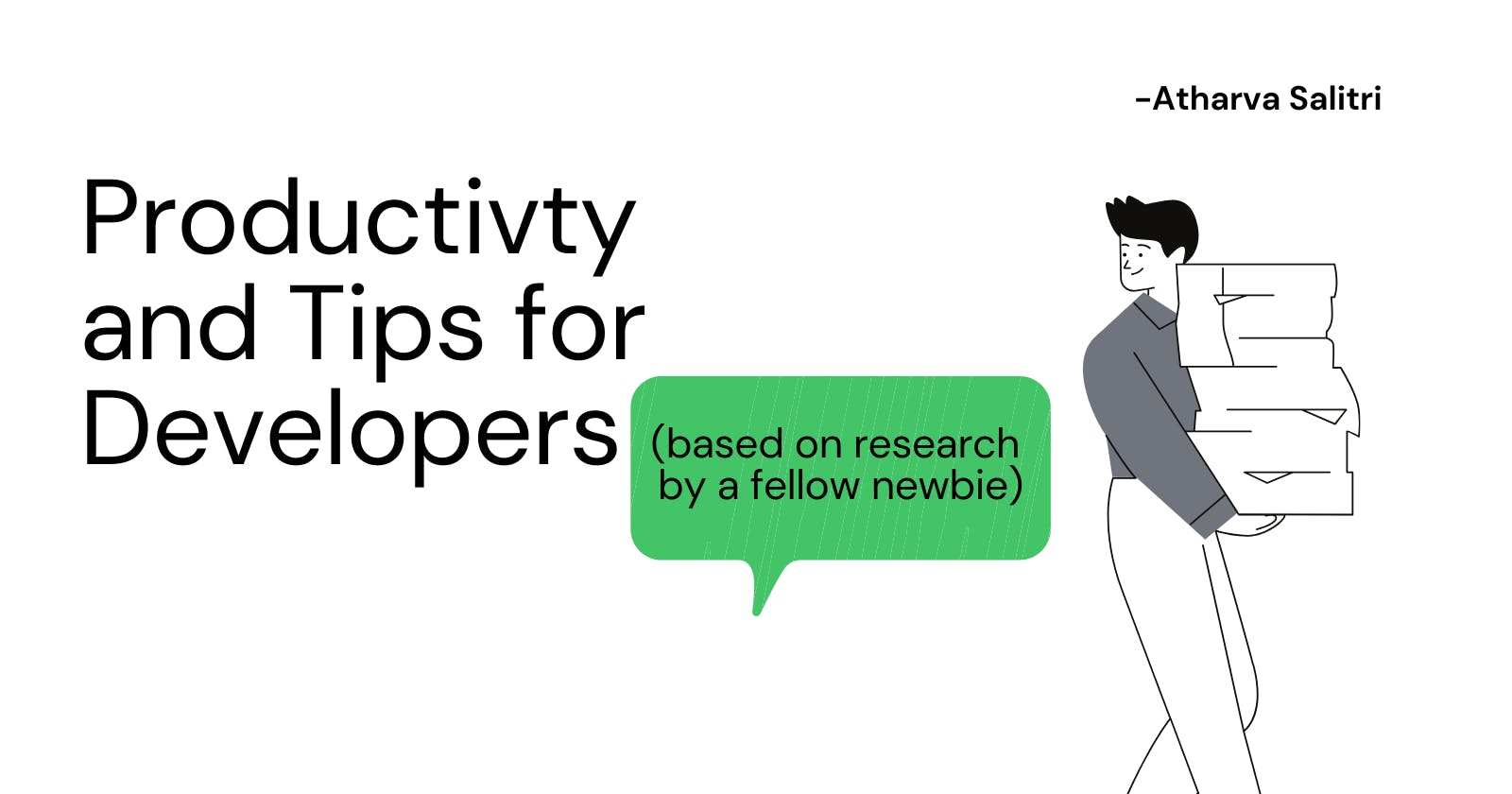Hey Everyone!!!
My name is Atharva and I am a high school student, interested in the world of development. This blog is a part of the "Productivity" track of WeMakeDevs Blogs. In this blog, I will be sharing how I truly understood productivity as a student, some facts about productivity and tips on how to be more productive. I will be providing multiple links and media(photos/videos) of the research I have done regarding this topic so that the readers get to know how they can implement the techniques.
Let's Begin !!!
What is Productivity?
Productivity: the state or quality of producing something, typically in a manner that is efficient and well-organized.
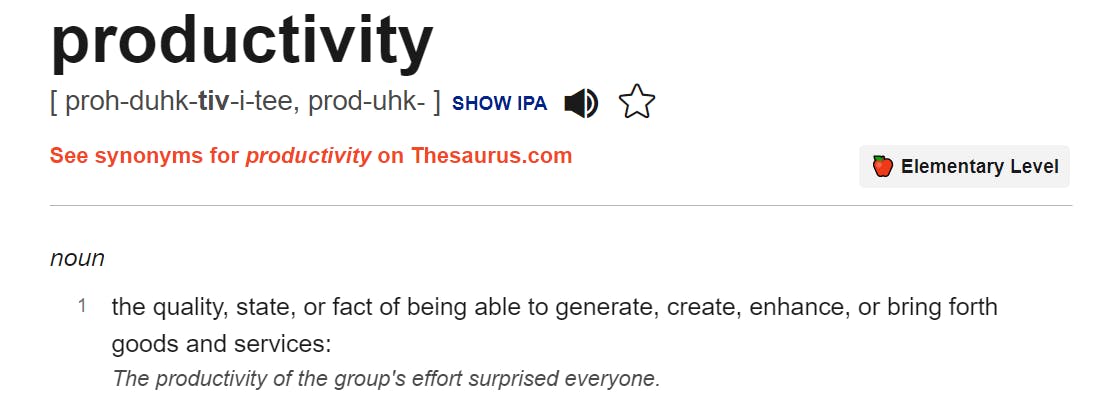
As students, productivity is key to our success. We are constantly juggling assignments, projects, and exams, all while trying to stay on top of the latest technologies and programming languages. So, how do we stay productive and make the most of our time?
In this blog, we'll explore the meaning of productivity, some tips and do's and don'ts for programmers, and real-world examples of how to stay productive as a computer science student.
Productivity is about getting things done, but it's not just about working harder or longer hours. It's about working smarter, not harder. It's about setting clear goals, managing your time effectively, and staying focused on what's important.
"Productivity is never an accident. It is always the result of a commitment to excellence, intelligent planning, and focused effort."
-Paul J. Meyer.
So, how do we stay productive as computer science students?
Here are some tips and dos and don'ts to help you stay on track:
Dos:
- 💻 Set clear goals for yourself: What do you want to accomplish? What is your end goal? To begin with, to be productive as a student and programmer, it is important to establish specific and well-defined objectives. Identify what you want to accomplish, whether it's completing a particular project, excelling in an exam or mastering a new programming language. Having a clear idea of your goals will aid in keeping you motivated and focused.
📚 Break down your goals into smaller, more manageable tasks: Once you have identified your objectives, it's crucial to divide them into smaller, more manageable chunks. This will facilitate your ability to focus on one task at a time, and enable you to make steady progress towards your goals.
🎉 Prioritize your tasks: Prioritize your tasks based on their importance and urgency.
Ways to prioritize your tasks :
The Eisenhower matrix: It is like a to-do list that helps you decide what things you should do first. Imagine you have a big piece of paper and you divide it into four squares.
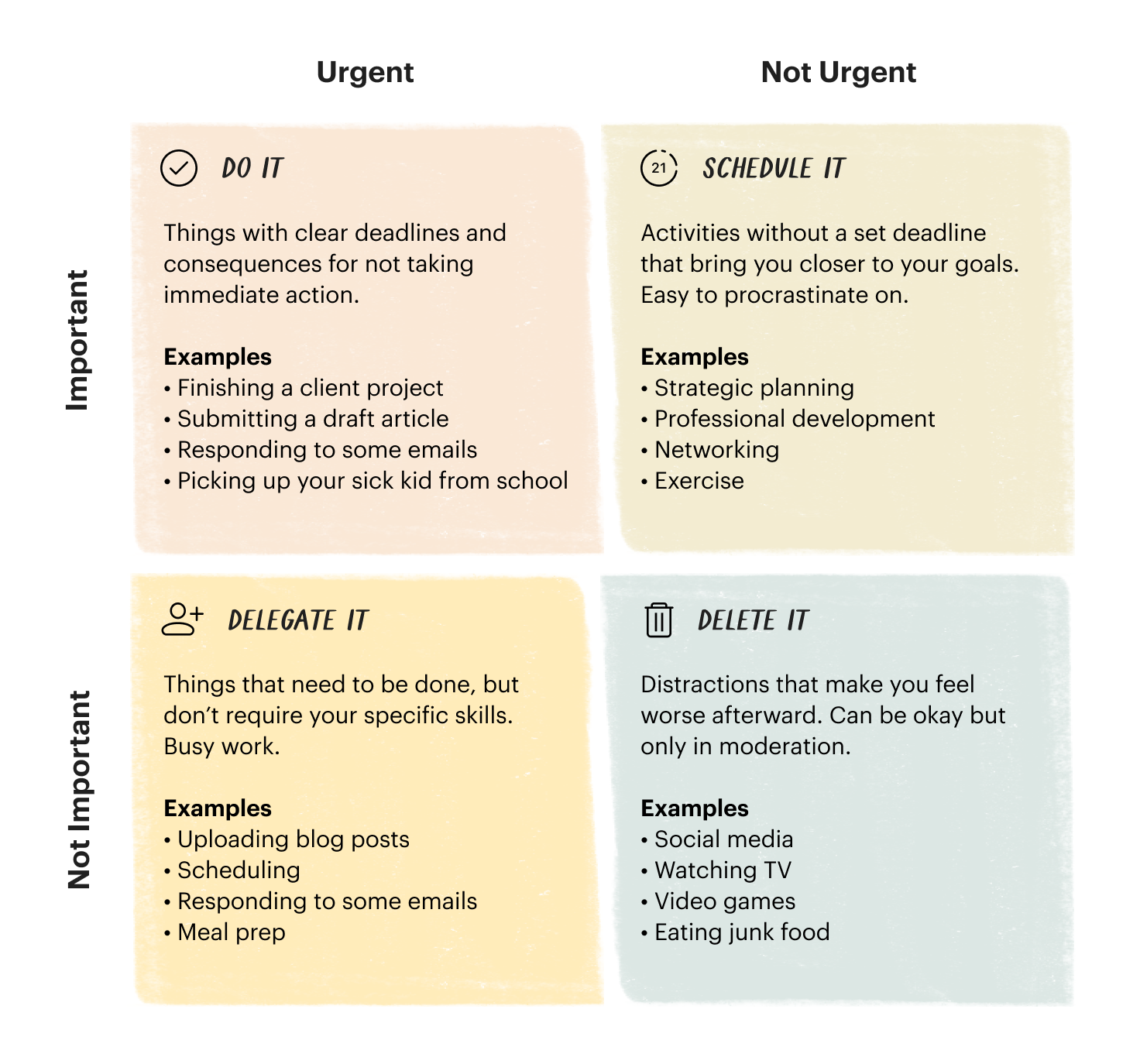
In the first square, you write down the very important things and you need to do them right away, like doing your homework before the deadline.
In the second square, you write down the things that are important but you can do them later, like going to the doctor for a check-up.
In the third square, you write down the things that are not very important but you need to do them soon, like cleaning your room.
In the fourth square, you write down the things that are not important and you can do them later or not do them at all, like watching TV. This way you can easily decide what to do first and what to do later based on how important and urgent they are.
Some links to help you with the matrix :
Eisenhower Matrix | Prioritization Framework - ProductPlan
YouTube :
The Ivy Lee Method: One of the best productivity systems I have found is also one of the most simple.
The Ivy Lee method dates back to 1918, when Lee, a productivity consultant, was hired by Charles M. Schwab, the president of the Bethlehem Steel Corporation, to improve his company's efficiency. As the story goes, Lee offered his method to Schwab for free, and after three months, Schwab was so pleased with the results he wrote Lee a check for $25,000 - the equivalent of about $400,000 today.
It has just 6 steps :
At the end of each workday, write down the six most important things you need to accomplish the next day.
Prioritize those six items in order of their true importance.
When you arrive at work the next day, focus on the first task. Work on it until it is completed before moving on to the next task.
Proceed with the rest of the tasks in order of priority.
At the end of the day, any tasks that were not completed should be moved to the next day's list.
Repeat this process daily.
"The difference between try and triumph is just a little umph!"
- Marvin Phillips
By following these six steps of the Ivy Lee Method, you will be able to stay focused on the most important tasks and make steady progress towards your goals.
%[youtube.com/watch?v=H9xZvAmEQIY]
Why Does This Method Work?
The method being discussed is straightforward and effective. It can be argued that it doesn't account for unexpected events. However, the author believes that complexity can be a weakness and it is better to focus on a simple set of priorities. Unexpected interruptions should be handled quickly and not allowed to derail the overall plan. The strategy is to use basic guidelines to navigate more complex situations. The method requires making difficult decisions, and while the specific number of tasks per day may not be significant, the concept of setting limits is beneficial. The key is to eliminate non-essential tasks and focus on what is truly important. Imposing constraints can improve performance.
🔥 Use a planner or calendar: Use a planner or calendar to keep track of your tasks and deadlines. This will help you stay organized and on top of your work.
Time blocking (proposed by Cal Newport) is a time management method that asks you to divide your day into blocks of time. Each block is dedicated to accomplishing a specific task, or group of tasks, and only those specific tasks. Instead of keeping an open-ended to-do list of things you’ll get to as you’re able, you’ll start each day with a concrete schedule that lays out what you’ll work on and when.
"A 40-hour time-blocked work week, I estimate, produces the same amount of output as a 60+ hour work week pursued without structure."
— Cal Newport, Author of Deep Work
Why Does This Method Work?
When you allocate a specific time slot to work on one project, problem or task, you put all of your mental energy into that one thing rather than dividing your attention among multiple tasks. The more you focus on a single task, the stronger your mental capacity becomes for deep work, and the more effortless it becomes to stay concentrated. Most people are not good at managing their time, we struggle to estimate how much time a task will take and we tend to promise too much to our future selves. Time blocking forces you to be aware of your current priorities and commitments and be intentional about how you spend your limited time.
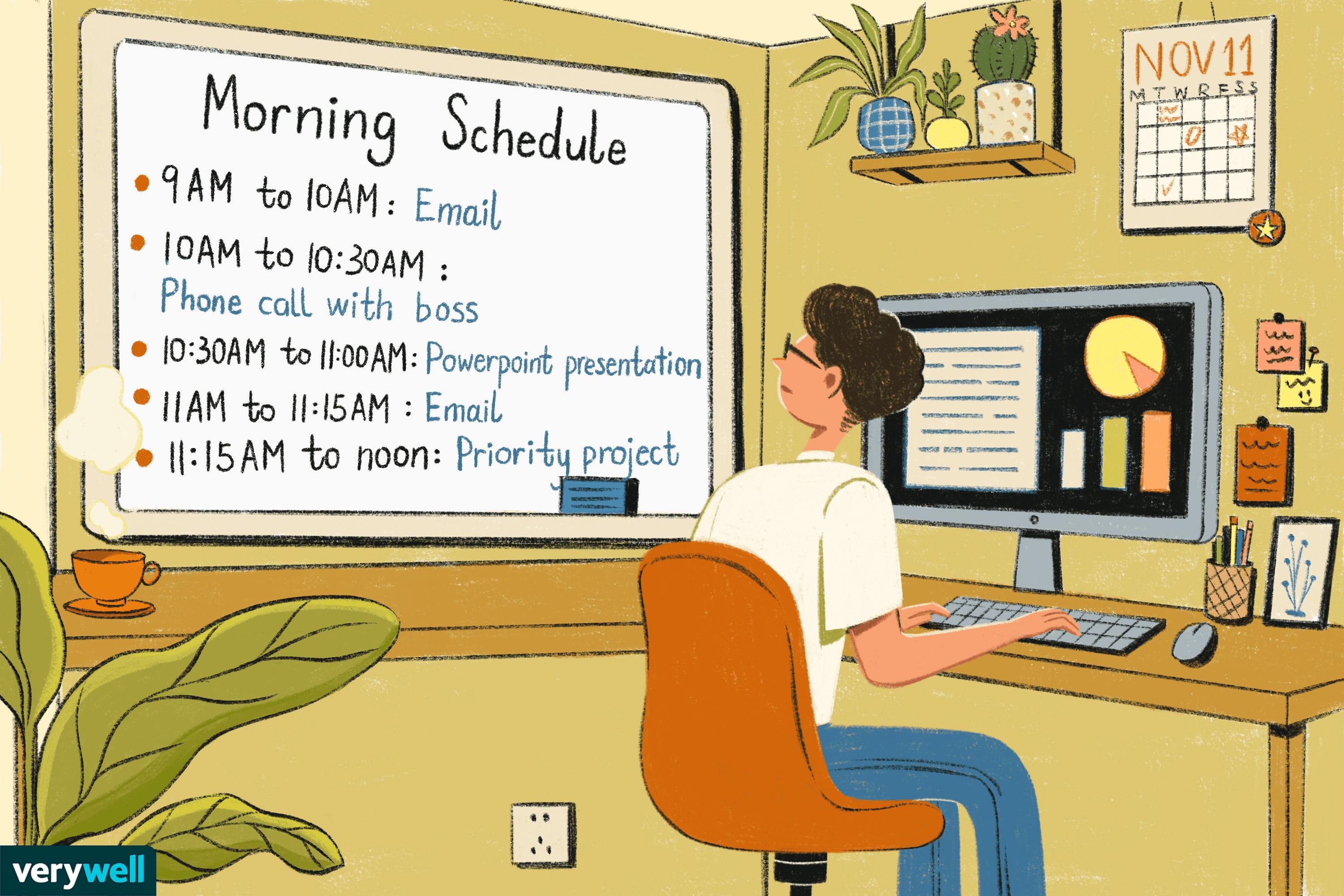
💡 Take regular breaks: Productivity is not about working non-stop, it's about working sustainably. Take regular breaks to rest your mind and body and avoid burnout. Your brain is like any other muscle in your body – it needs to take rests for it to perform to its full potential.
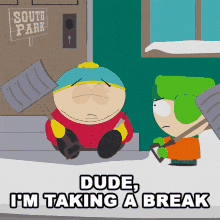
🤩 Take care of yourself physically and mentally: Get enough sleep, eat well, and exercise regularly. A healthy body and mind will help you stay focused, motivated, and energized.
📷 Use time management techniques: Use techniques like the Pomodoro Technique to help you stay focused and avoid burnout.
What is the Pomodoro Technique?
The Pomodoro Technique was devised in the late 1980s by a university student named Francesco Cirillo. He was finding it challenging to concentrate on his studies and finish his work, feeling overwhelmed. He decided to challenge himself to spend just 10 minutes on the focused study. Using a timer shaped like a tomato (Pomodoro in Italian), he found it helpful and named it the Pomodoro Technique. The method includes the following steps:
Get a to-do list and a timer.
Set your timer for 25 minutes, and focus on a single task until the timer rings.
When your session ends, mark off one Pomodoro and record what you completed.
Then enjoy a five-minute break.
After four pomodoros, take a longer, more restorative 15-30 minute break.
%[youtube.com/watch?v=mNBmG24djoY]
Why Does This Method work?
When we plan for future projects, we often make the mistake of underestimating the amount of time it will take to complete them, even when we know from experience that similar tasks have taken longer. This is known as the planning fallacy. The Pomodoro Technique can be useful in combatting this issue. By working on short, timed sessions, time becomes a concrete event, known as a "Pomodoro" - a unit of both time and effort. Instead of thinking about 25 minutes of general "work," the Pomodoro Technique focuses on a single task or several simple tasks. This way, the perception of time changes from a negative, something that's been lost, to a positive representation of accomplished events. This leads to more accurate time estimates.
Form New and Beneficial Hobbies: To utilise my free time and avoid wasting it on social media or other forms of attention-craving passaging of time, I decided to start small-scale design templates/banners on Canva. Using this skill, I create blog posters myself. Now I know it ain't much, but it is surely something to cheer about. For example, the cover for this very blog is created by me on Canva :
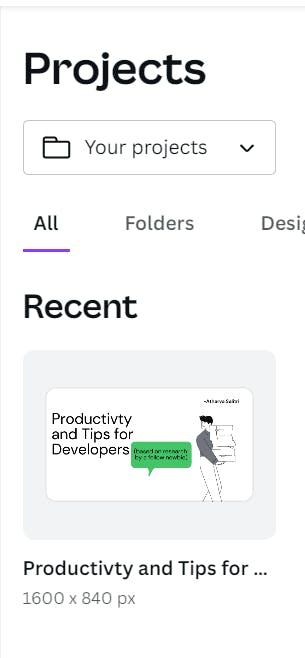
Using Background Music: Listening to Lofi music can help to create a more productive environment by enhancing concentration, improving mood, increasing creativity, and creating a sense of routine. However, it's important to note that different people have different preferences, so it's best to find the type of music that works best for you and your work style. Using Lofi background music can help increase productivity in several ways.
Enhancing concentration: Lofi music is specifically designed to be low-key and unobtrusive, which makes it perfect for providing background noise while you work. It can help to block out distractions and create a more focused and productive environment.
Improving mood: Lofi music often has a calming and relaxing effect, which can help to reduce stress and anxiety. This can lead to an overall improvement in mood, which can in turn lead to an increase in productivity.
Enhancing creativity: Some studies suggest that listening to music can increase creativity. Lofi music in particular, with its repetitive beats and lack of lyrics, can help to create a sense of flow, which is the state of mind that allows you to work on a task for hours without feeling bored or fatigued.
Creating a sense of routine: Listening to the same type of music every time you work can create a sense of routine, which can help to focus the mind.
Hop onto a Lofi session now !!!
DON'Ts:
Avoid multitasking: Multitasking is a myth, and it can decrease productivity. Instead, focus on one task at a time and give it your full attention. The human brain is not designed to multitask effectively. Additionally, multitasking can lead to errors, mistakes, and a lack of focus. It can also be detrimental to your mental and physical health, leading to increased stress and burnout.
"Multitasking is merely the opportunity to screw up more than one thing at a time." - Steve Uzzell
The best way to increase productivity is by focusing on one task at a time and giving it your full attention. This way, you can complete tasks more efficiently, make fewer mistakes, and achieve better results. Remember that multitasking is not a sign of productivity but a sign of trying to do too much at once and not being able to focus on one task.
Avoid procrastination: Procrastination should be avoided because it can lead to a decrease in productivity and an increase in stress. When we put things off until later, we often find ourselves running out of time, which can lead to rushed and subpar work. Additionally, procrastination can lead to a cycle of negative thoughts and feelings, such as guilt and self-doubt.
"Procrastination is the thief of time" - Edward Young
To avoid procrastination, it's important to set deadlines for yourself and stick to them. Break down larger tasks into smaller, more manageable chunks, and focus on one task at a time. Additionally, try to identify the underlying reasons for your procrastination, whether it's fear of failure, lack of motivation or feeling overwhelmed. By addressing these underlying issues, you can overcome procrastination and increase your productivity.
Avoid getting bogged down in details: Keep your focus on the big picture.
Get sidetracked by social media or other distractions: Technology can be a double-edged sword when it comes to productivity. While it can increase efficiency and make it easier to complete tasks, it can also be a major distraction. Stay focused on your goals.
A Special Poem I Would Like To Highlight :
"The Road Not Taken" by Robert Frost:
Two roads diverged in a yellow wood,
And sorry I could not travel both
And be one traveler, long I stood
And looked down one as far as I could
To where it bent in the undergrowth;
Then took the other, as just as fair,
And having perhaps the better claim,
Because it was grassy and wanted wear;
Though as for that the passing there
Had worn them really about the same,
And both that morning equally lay
In leaves no step had trodden black.
Oh, I kept the first for another day!
Yet knowing how way leads on to way,
I doubted if I should ever come back.
I shall be telling this with a sigh
Somewhere ages and ages hence:
Two roads diverged in a wood, and I—
I took the one less traveled by,
And that has made all the difference.
The poem "The Road Not Taken" by Robert Frost is often interpreted as a metaphor for decision-making and the choices we make in life. The speaker in the poem comes across a fork in the road and must choose which path to take. The road less travelled represents the choice of taking the path that is not the most common or easy, but rather the one that is true to oneself and one's goals.
In terms of productivity and avoiding procrastination, the poem can be interpreted as a reminder that the choices we make have a significant impact on our lives. The speaker in the poem chooses the road less travelled and implies that this choice has led to a sense of accomplishment and satisfaction. Similarly, when it comes to productivity and avoiding procrastination, choosing to work towards our goals, rather than procrastinating, can lead to a sense of fulfilment and success.
The poem also has a message of not fearing the unknown, as the speaker chooses the road less travelled despite not knowing where it leads. This can be applied to productivity as it may encourage us to take action, even if we are uncertain of the outcome because it is through taking action that we can achieve our goals.
Additionally, the poem also encourages us to not regret the choices we make, as the speaker in the poem says "And that has made all the difference" which implies that even if the choice was not the easiest or the most convenient, it was still the right one. This can be applied to productivity as it may remind us that even if we make mistakes or face obstacles, it is important to keep moving forward and not dwell on regrets.
Conclusion :
In conclusion, productivity is a key aspect of success for students. By setting clear and specific goals, breaking them down into smaller tasks, using time management techniques such as the Pomodoro Technique and Ivy Lee Method, and avoiding multitasking and procrastination, developers can increase their productivity and achieve better results. Additionally, using tools such as lofi background music, and taking care of their mental and physical well-being can help to create a more conducive environment for productivity. It's important to remember that productivity is not just about working harder but working smarter, by focusing on the most important tasks and utilizing techniques such as Time Blocking and tools that work best for you. Remember that productivity is a journey, not a destination, and it requires consistent effort and self-reflection to maintain.
Stay determined, stay focused and keep pushing forward !!!

Liked This Blog?
Do react and comment with your thoughts on the points discussed above.
Make sure to follow me :

